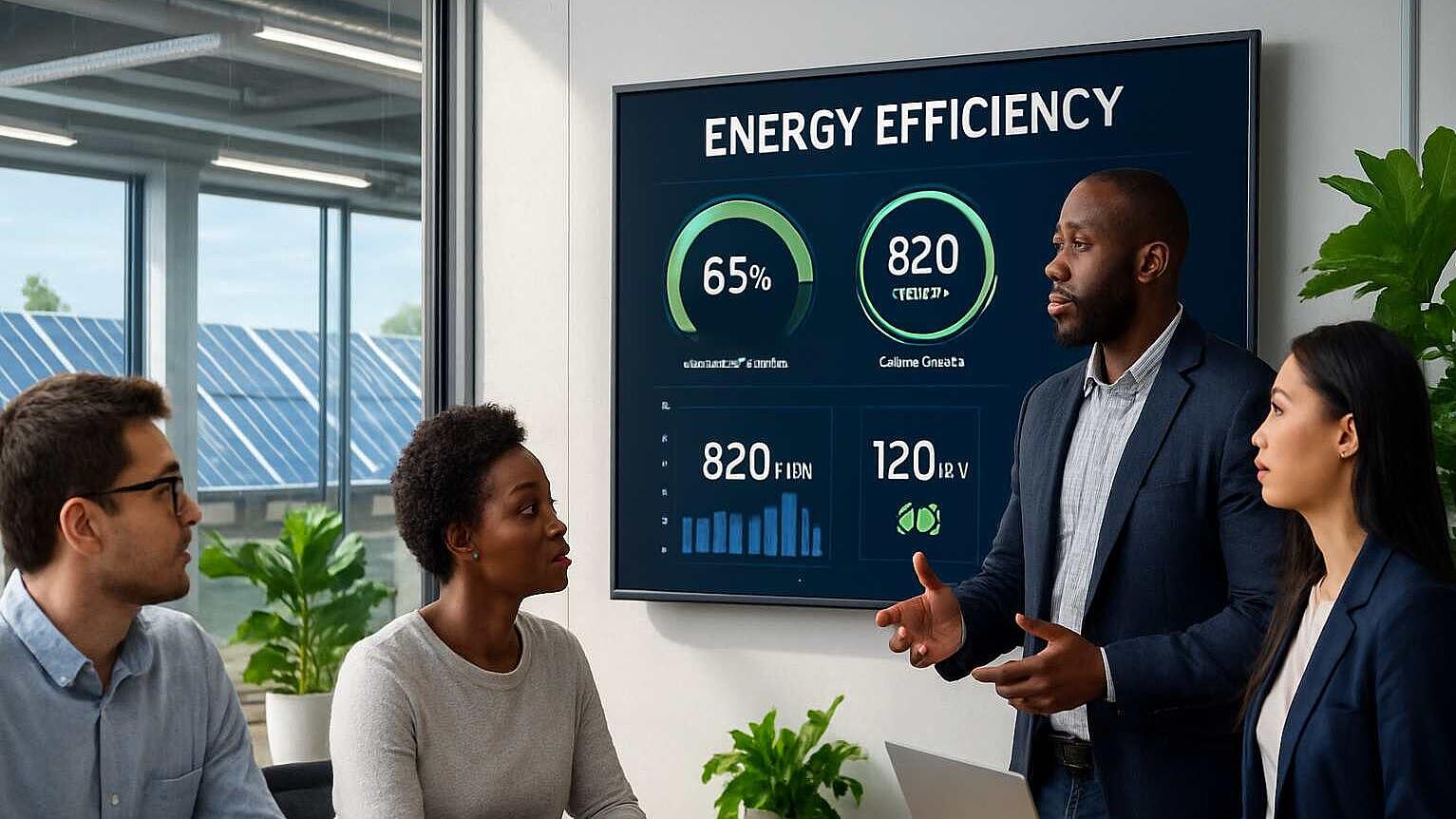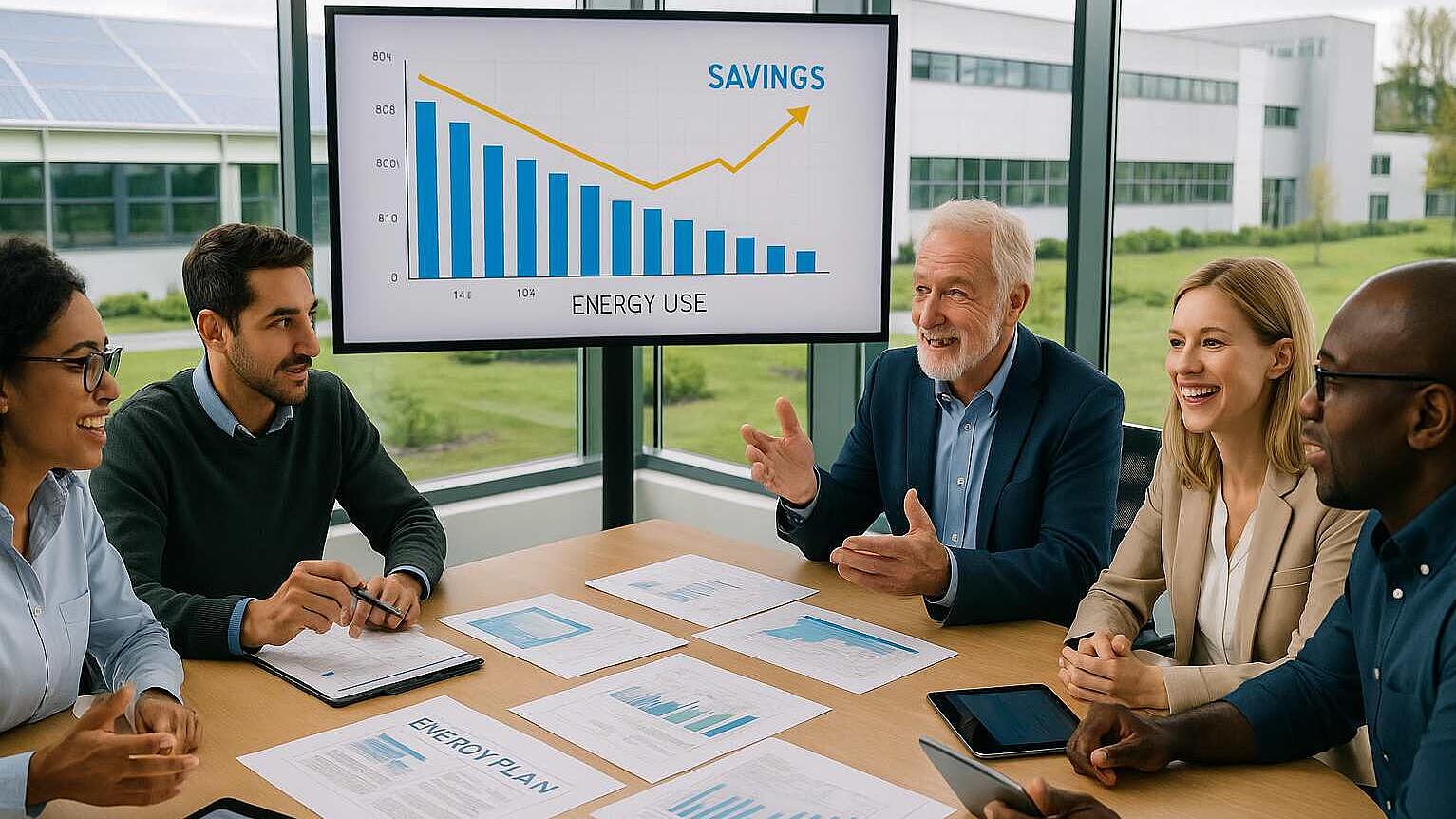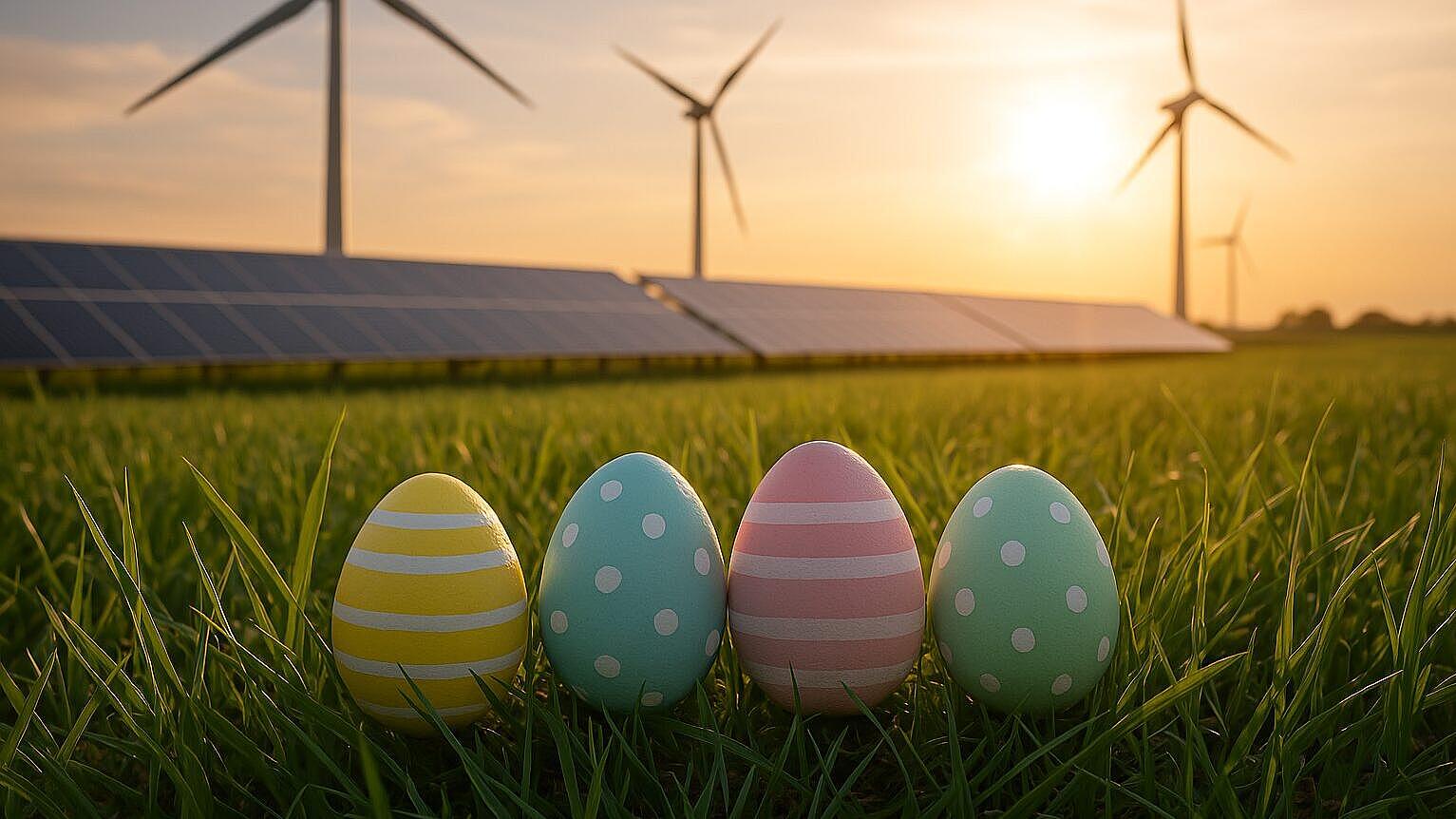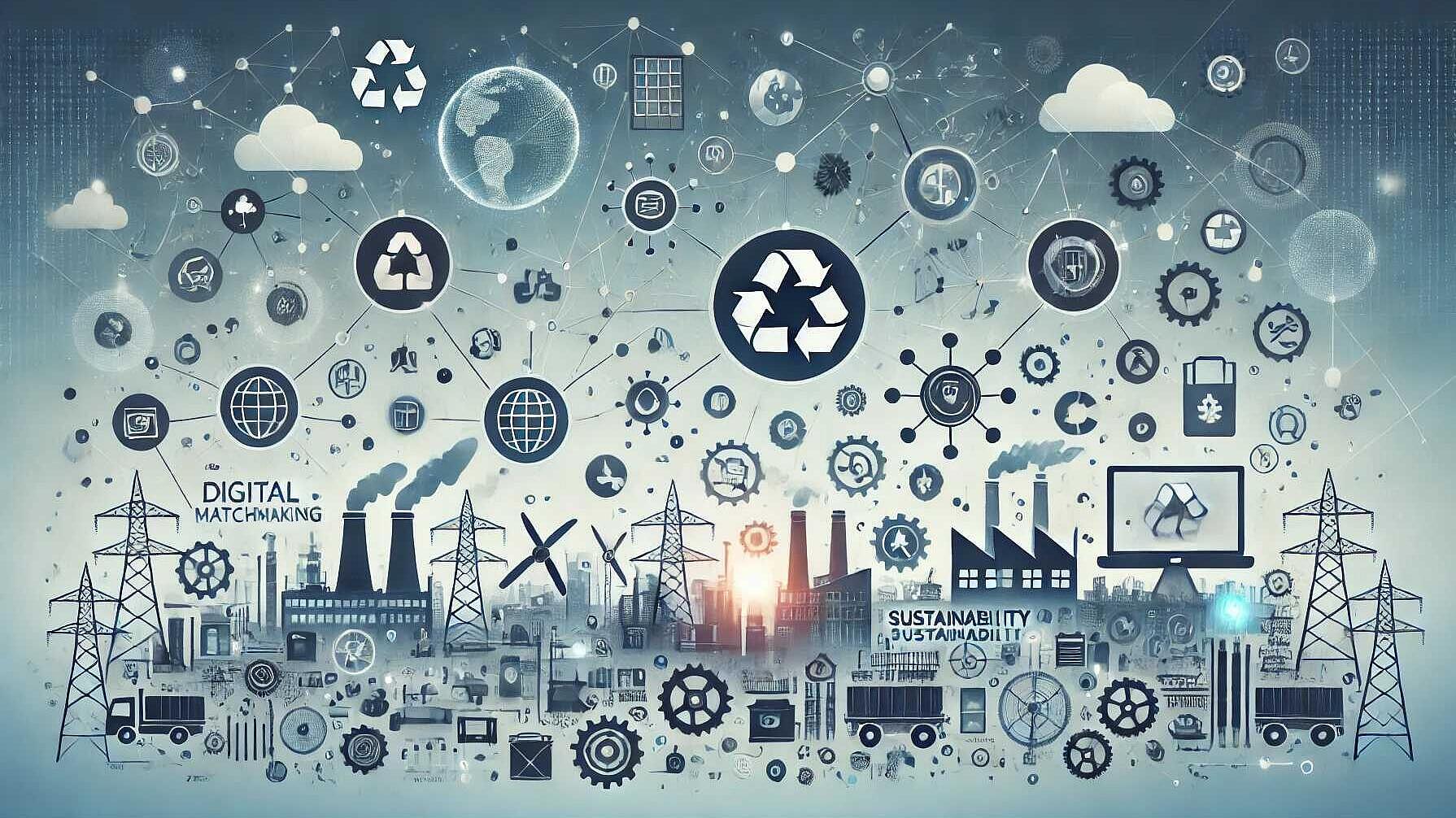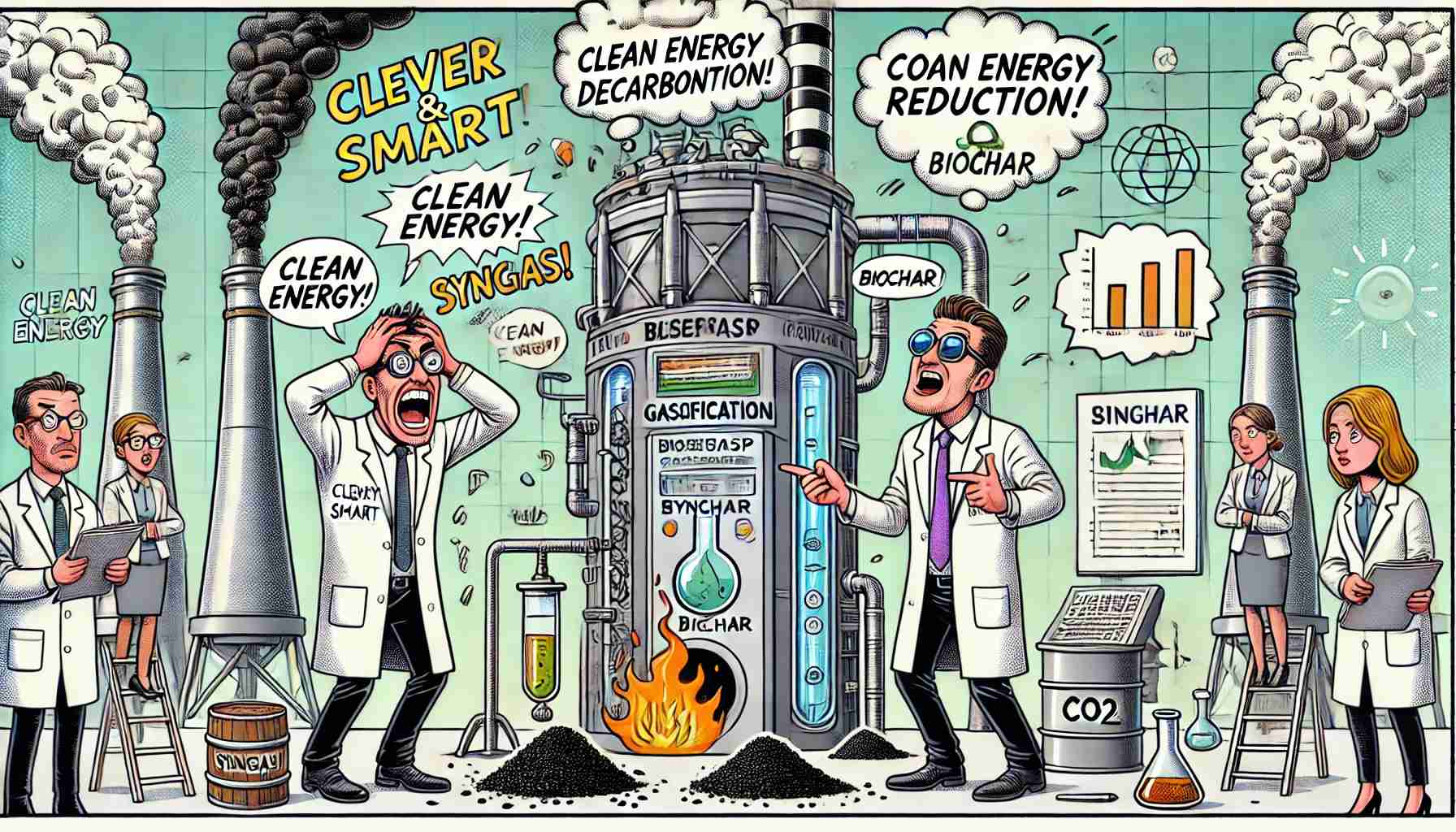 Articles
ArticlesRethinking Energy Audits: How a Multiple Benefits Approach Empowers Sustainable Business
The paper discusses the Multiple Benefits Approach from the DEESME project, which aims to reframe energy audits as strategic tools for value creation in small and medium-sized enterprises (SMEs), beyond mere compliance. Traditional energy audits focus narrowly on energy and cost savings, overlooking broader benefits. DEESME's methodology integrates energy management with business strategy, aligning energy decisions with business goals. The approach comprises a four-stage methodology: 1) Business Model Analysis, understanding the company's value drivers and customers; 2) Energy Analysis, tailored to the business’s unique priorities; 3) Multiple Benefits Analysis, identifying a range of benefits from energy measures, such as improved productivity, customer loyalty, and reduced legal risks; 4) Business Model Sustainability Advancement, refining the business model to leverage energy efficiency for value creation and operational excellence. This new perspective on energy efficiency offers potential career opportunities for young professionals and students by aligning with sustainability megatrends, breaking professional silos, providing measurable impacts, and promoting real-world societal benefits. Additionally, the paper briefly mentions Enerwhizz, a mobile quiz game, offering interactive learning on energy and sustainability topics and promoting engagement through gamification. Overall, DEESME's approach positions energy auditing as a catalyst for innovation and resilience in business, with significant implications for societal well-being and sustainability.
Read Full articleBeyond Energy Savings: Unlocking the True Value of Energy Efficiency for Future Leaders
The M-Benefits research across 23 pilots identified 251 non-energy benefits (NEBs) of energy efficiency, quantifiable in 58% of cases, markedly increasing average internal rate of return and shortening payback periods, thereby underscoring their strategic business significance.
Read Full articleUnlocking Competitive Advantage: The Overlooked Multiple Benefits of Energy Efficiency in Business
Energy efficiency offers more than cost savings, including improved product quality, employee well-being, and corporate reputation. Its strategic value is underestimated due to non-energy benefits being often invisible and unquantified in decision-making processes.
Read Full articleEnergizing Change Together: The Power of Energy Efficiency Networks
Energy Efficiency Networks (EENs) promote cooperation between companies to improve energy usage and reduce carbon emissions. Over 1,300 networks exist globally, with Germany and China leading the way. EENs encourage sharing best practices, setting targets, and implementing energy-saving measures, with proven results in energy and CO2 reductions. This collaborative model supports achieving national and international climate goals and drives innovation across industries.
Read Full articleUnlocking the Power of Industrial Symbiosis: How Data Exchange Fuels Collaboration and Innovation
The CORALIS project examines data exchange in industrial symbiosis networks, identifying lack of standardization and proposing a structured communication framework to improve trust, efficiency, and innovation for sustainable industrial practices.
Read Full articleCracking Open Energy Efficiency This Easter!
Easter impacts energy demand, with UK households increasing electricity use during the holiday. Efficient practices and sustainable choices in areas like confectionery production and rabbit farming can mitigate environmental effects and promote energy savings across sectors.
Read Full articleHop into a Green Easter: Renewables, Efficiency, and Energy Savings!
Easter influences electricity markets, with household energy use rising, industrial consumption dropping, and the UK setting record-low carbon intensity levels due to high renewable energy contributions during the holiday. Seasonal solar energy benefits and energy efficiency practices at homes and industries enhance sustainability.
Read Full articleDigital Matchmaking for Industrial Sustainability: How Knowledge Platforms Enable Circular Economy
A discussion of the challenge of managing information for industrial symbiosis, focusing on digital tools developed for matchmaking and economic assessment. It underlines the importance of integrating technology with human relationships and adapting to regulatory changes that promote data standardization and transparency.
Read Full articleDemystifying Industrial Symbiosis: A Comprehensive Guide to Opportunity Identification
Industrial symbiosis (IS) optimizes resource use and minimizes waste by exchanging resources among industries. European initiatives invest in IS methodologies to enhance market adoption but face challenges like complexity and data availability. The identification process involves mapping, screening, and matchmaking, requiring collaboration and long-term viability assessments.
Read Full articleBiomass Gasification: A Key to Decarbonizing Energy-Intensive Industries
The EU project CORALIS explores biomass gasification's techno-economic feasibility for decarbonizing energy-intensive industries, highlighting its potential with syngas and biochar production as fossil fuel alternatives. Larger-scale operations demonstrate better economic returns, with significant positive impacts on industrial decarbonization efforts.
Read Full article

